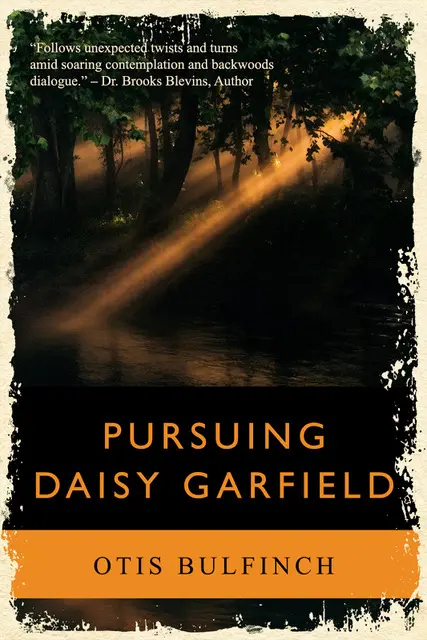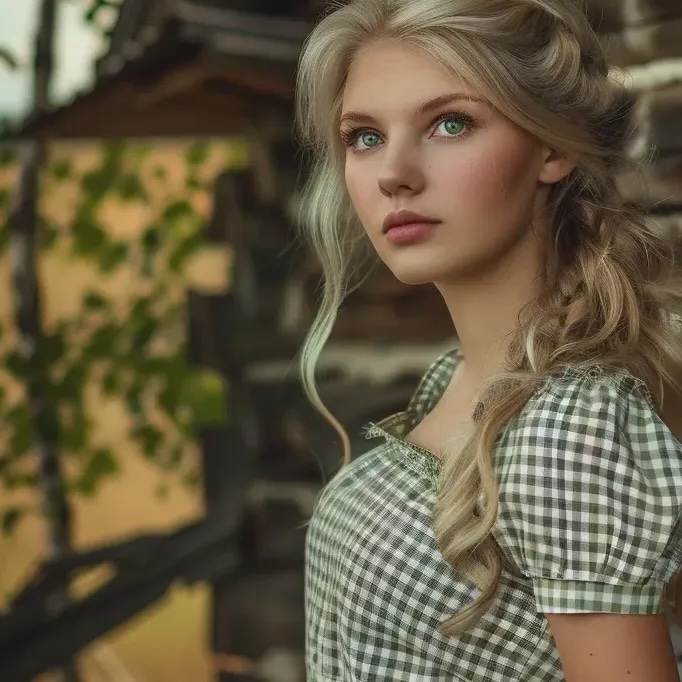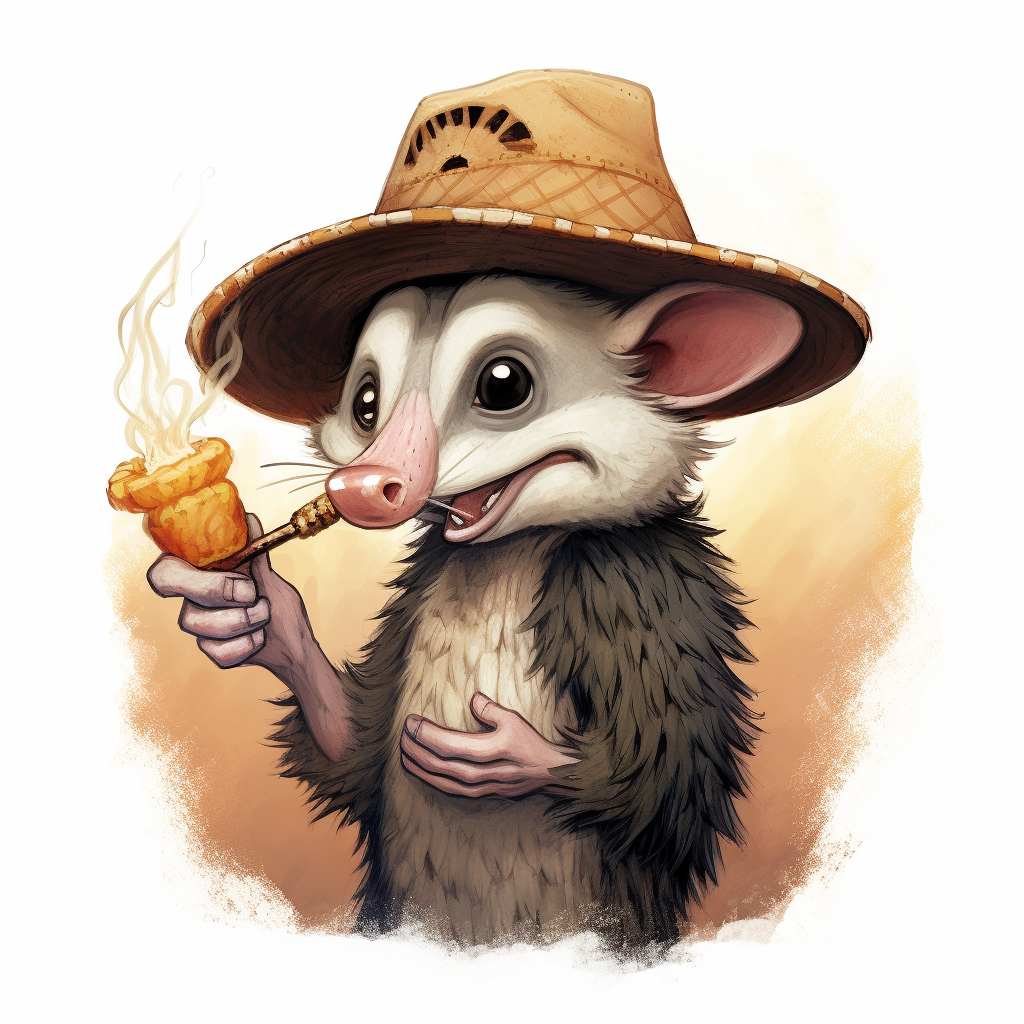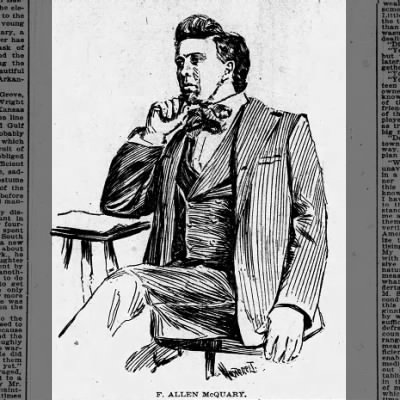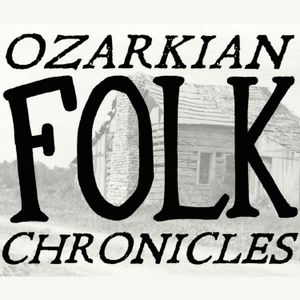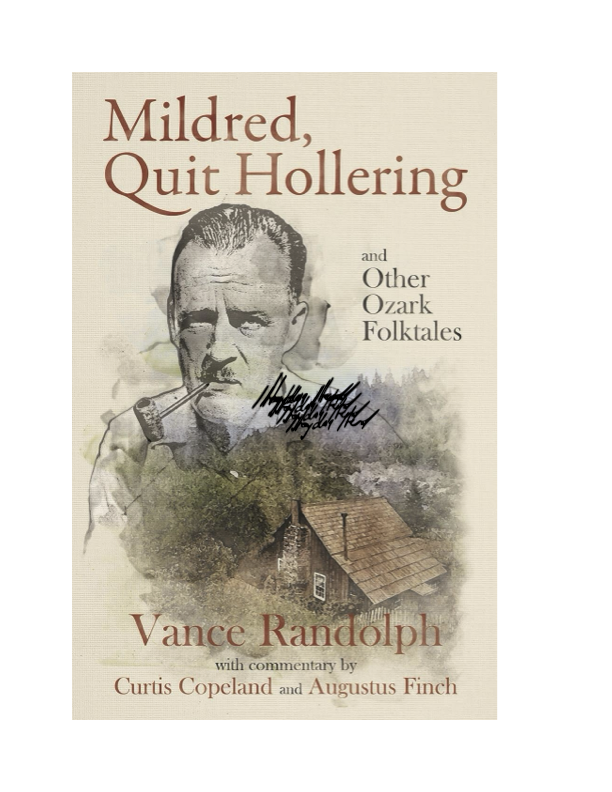I was seventeen years of age during the Summer of Love—that's 1967 for the ignorant among you—and I had just dropped out of East Norton High School before the s.o.b.s kicked me out. Finding myself alone on the younger and livelier side of the Generation Gap, I did what was I was supposed to and lit out from home—Stella, Missouri, in case you're interested—and grew my hair out and wore tattered uniforms from the army surplus store in Joplin and smoked Lucky Strikes and spent my days avoiding employment, the draft, committed relationships, and anything else that smacked of responsible conduct. Eventually, I succumbed to more conventional modes of being and tried marriage, only to disappoint a series of wives who deserved better but didn't get it. At least not with me.
Now I'm trying to avoid death, the final futile effort.
